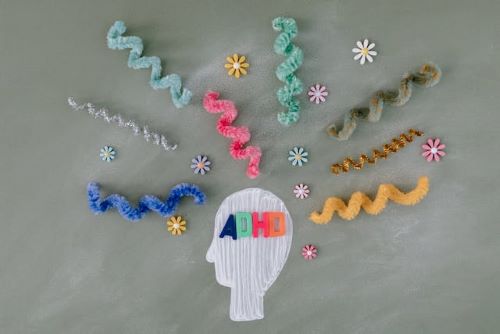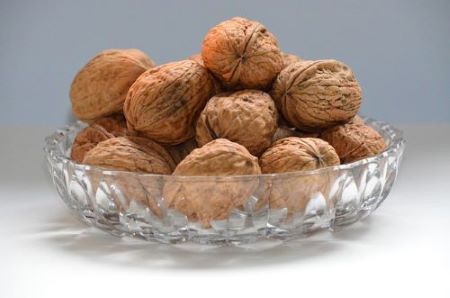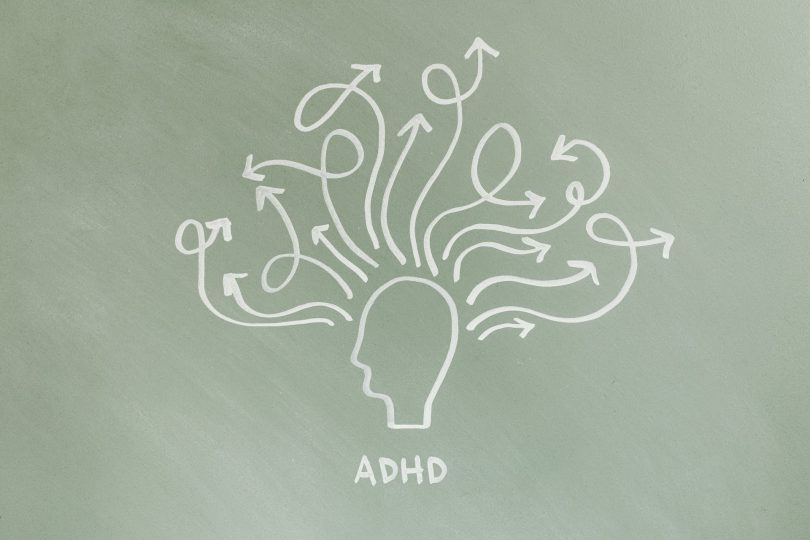Navigating the elaborate ADHD landscape can be easily compared to embarking on a one-of-a-kind journey where focus takes unforeseen detours, and habits face turbulence. This neurodevelopmental disorder, characterised by both inattention and hyperactivity-impulsivity symptoms, influences ADHDers daily life, making the search for sustained focus and healthy habits a big challenge.

In this article, the profound impact ADHD has on individuals is recognised, affecting their ability to maintain attention, organise tasks, and resist impulsive actions. Amongst these challenges, healthy habits cultivation emerges as a guide to empowerment. Adopting habits that nourish both mind and body becomes not just a choice but a strategic tool in managing ADHD symptoms. ADHDers can find a path to enhanced focus, productivity, and overall wellbeing by following the suggested steps that we will uncover.
Unfolding the ADHD Procrastination Loop
In the world of ADHD, procrastination becomes a significant challenge, driven by the continuous difficulty in maintaining focus. Imagine a mental space where attention moves unpredictably, leaving tasks temporarily neglected. It is not just a matter of hesitating to tackle responsibilities; it is a complex interaction between the desire for prolonged focus and the constant allure of distractions.
The complexity of this procrastination loop often intertwines with the chaos within a busy mind. In a world buzzing with thoughts, individuals with ADHD may find themselves gravitating toward tasks that offer instant gratification, momentarily soothing the restlessness within. The appeal of quick and easy activities becomes a coping mechanism, a way to momentarily appease the mind’s demand for stimulation.

This loop not only disrupts daily tasks but also plays a significant role in steering choices toward the unhealthy end of the spectrum. It often feels simpler to succumb to cravings rather than reaching for a nutritious snack or preparing a homemade meal. ADHDers often find that tasks they intended to accomplish slip away unnoticed as time slips through their fingers. Unfortunately, this unintentional procrastination further side lines healthier choices, contributing to a challenging cycle of symptom management.
The Role of Nutrition in ADHD Management
In the intricate world of ADHD, nutrition emerges as a pivotal player in the pursuit of focus and wellbeing. Certain nutrients act as lifesavers, influencing cognitive function and contributing to the overall wellbeing of ADHDers. Omega-3 fatty acids for example, found abundantly in fatty fish, flaxseeds, and walnuts, become the champions of cognitive enhancement, potentially helping in intensifying focus.

But it is not just about individual nutrients; it is about a mindful balanced diet. The foods we choose can be allies in the battle against symptoms. A diet rich in fruits, vegetables, whole grains, and lean proteins becomes the foundation, fostering a sense of wellbeing that shine beyond the plate.
As a nutritional therapist helping ADHDers, it is crucial to emphasize that my focus is never on imposing rigid diets. Instead, I champion the power of mindful choices as a compass that guide you towards sustained wellbeing. By recognizing that every individual’s relationship with food is unique, nutrition can become an invaluable tool for empowerment, offering a palette of options that align seamlessly with the quest for focus and overall balance.
So, let us embrace nutrition not as a set of rules but as a versatile instrument, finely tuned to enhance focus and harmonise with the pursuit of holistic balance!
Crafting Everyday Habits – Practical Tips
Now that we have uncovered the significance of nutrition in the ADHD narrative, let us transition into the realm of practicality. Implementing healthy habits is not about grand gestures but the accumulation of small, impactful steps seamlessly woven into daily routines.
Meal planning: Imagine meal planning as a roadmap guiding you through the week, reducing decision fatigue, and ensuring that each meal aligns with your nutritional goals. Here are some ideas:

Weekly Menu Mapping:
Design a weekly menu outlining main meals and snacks. Incorporate a variety of proteins, vegetables, fruits, and whole grains.
Batch Cooking:
Dedicate a day to batch cook staple ingredients like rice, quinoa, or grilled fish. Store these items in containers for quick assembly during busy days.
Prep Ahead Snack Packs:
Prepare grab-and-go snack packs with nuts, seeds, and dried fruits. Portion them in advance to avoid impulsive, less nutritious snacking.
Freezer-Friendly Meals:
Make larger batches of favourite meals and freeze individual portions.
Simple Salad Jars:
Assemble salad jars with layers of veggies, proteins, and dressing. Store for a few days in the fridge.
Instant Pot Magic:
Explore slow cooker or Instant Pot recipes for easy, hands-off cooking.
Theme Nights:
Assign themes to different nights (e.g., Taco Tuesday, Stir-Fry Friday). This adds a fun element to meal planning and simplifies decision-making.
Interactive Meal Preparation:
Involve family or housemates in meal preparation to make it a shared activity. It can lighten the workload and foster a sense of community.
Flexibility with Leftovers:
Plan for leftovers to serve as the next day’s lunch or dinner. It minimises waste and streamlines the meal preparation process.
One-Pot Wonders:
Experiment with one-pot recipes to minimise cleanup. They are efficient and often result in flavourful, well-balanced meals.
Remember, the key to successful meal planning is finding a system that works for you. Experiment with these ideas, customise them to your preferences, and gradually incorporate them into your routine. The goal is to make meal planning a manageable and sustainable part of your lifestyle.

Mindful eating: This is about savouring each bite, appreciating the flavours, and cultivating a profound connection with the nourishment you are receiving. This simple act becomes a ritual of self-care, but it also helps you to properly digest and absorb nutrients. Eat in a quiet environment without any distractions. Focus on the smell, colours, and taste of your food. Avoid any stressful situations.
Staying hydrated: Water is the unsung hero of focus, ensuring that your mind remains sharp and ready to tackle the day’s challenges. If you struggle to remember drinking water, some tips would be to have a regular alarm that reminds you of this or to have a large water bottle next to you all the time.
Regular, balanced meals: Incorporate a mix of lean proteins, whole grains, healthy fats, and an abundance of fruits and vegetables, this provides a well-rounded and nutritious approach to your meals. Keep reading for some recipe ideas below.




